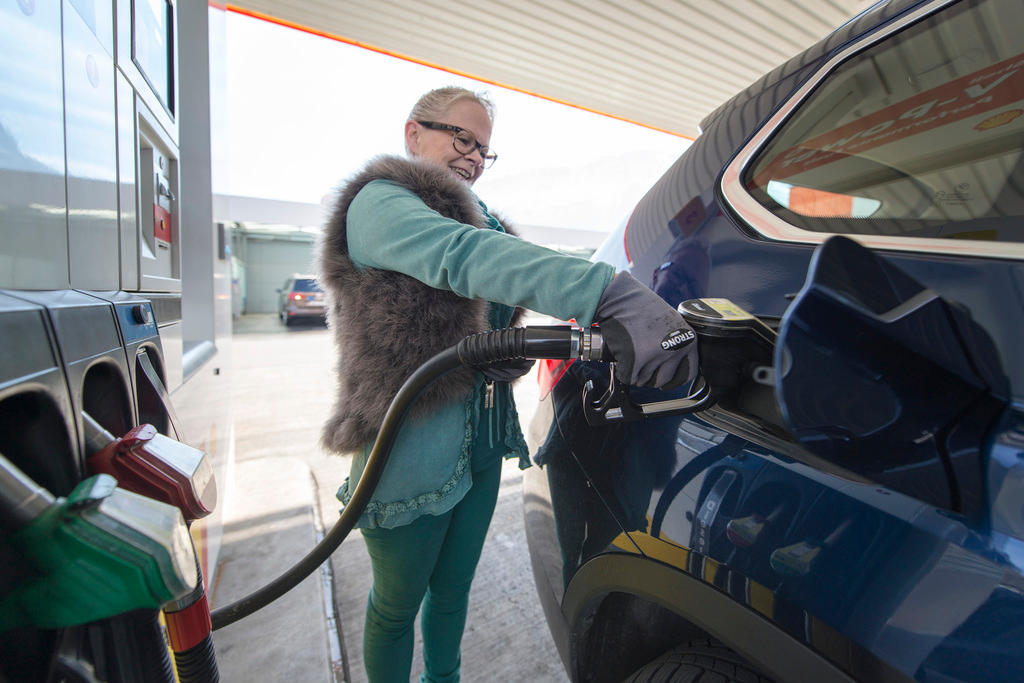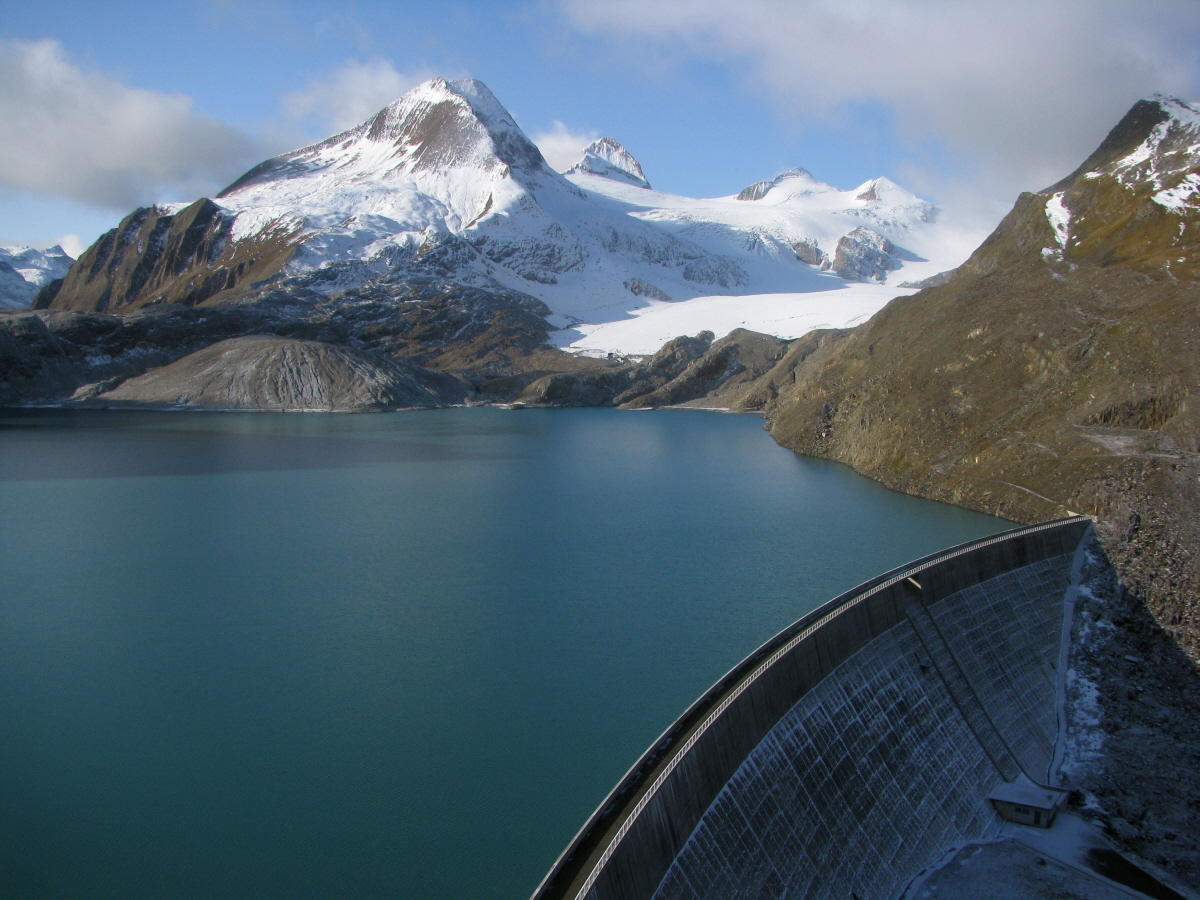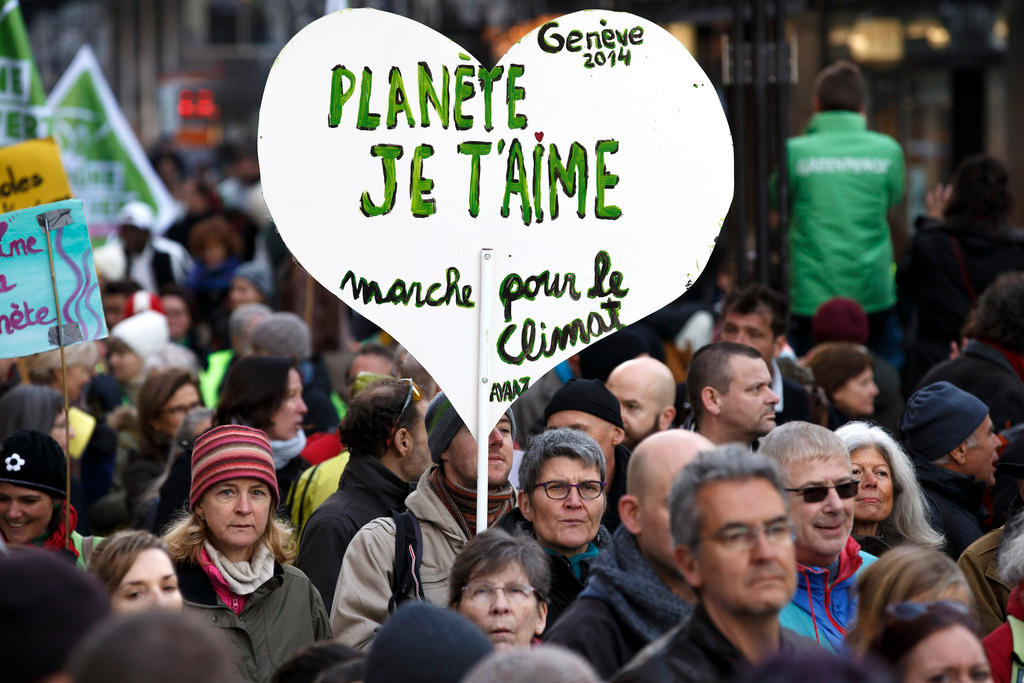Swiss CO2 emissions drop thanks to strong currency

Swiss emissions of carbon dioxide and other greenhouse gases dropped 2.8% in 2015 from a year earlier. However, cross-border gas tank filling and adjustments made based on weather that affects the use of heating fuels, influence final report card.
The figures released by the Federal Office for the Environment on Monday looks less impressive when not adjusted for weather and subsequently heating use – without it, emissions rose by 5% for the year.
The country’s carbon dioxide (CO2) emissions stood at 17.87 million tonnes, or 23.6% lower than in 1990, the benchmark year used by the United Nations, but continuing that trend will depend on a CO2 tax on fuels.
Another increase in the tax, up to CHF96 ($98) per tonne of CO2, from the current CHF84 per tonne, is planned for 2018.
But that rate could go to CHF120 per tonne if overall emissions do not fall to 24% or more from 1990 levels. The recent decline, adjusted for the use of heating fuels, has been largely due to the strong franc, long a safe-haven currency amid European and global financial turmoil.
Can do better?
The Swiss chapter of global environmental advocacy group WWF said on Monday that “appearances can be deceiving” when interpreting the government’s CO2 figures.
It said that fuel consumption has simply shifted to bordering countries and that “without this special effect, there is a decline of only 2% between 2014 and 2015. This is not enough to achieve the objectives of the Paris climate treaty”.
Switzerland was among the countries to sign up to the 2015 Paris climate accord, which aims to limit average global temperature increases to 1.5 degrees Celsius. The Swiss cabinet approved the agreement.
Once parliament also approves it, Switzerland can commit to halving its greenhouse gas emissions by 2030 compared to 1990 levels. But in order to accomplish this, the Swiss CO2 Act will need to be revised.
The government should adopt a more ambitious climate policy that would lower net carbon emissions to zero by mid-century, and doing “anything else is insufficient and unacceptable,” WWF said.

In compliance with the JTI standards
More: SWI swissinfo.ch certified by the Journalism Trust Initiative




You can find an overview of ongoing debates with our journalists here. Please join us!
If you want to start a conversation about a topic raised in this article or want to report factual errors, email us at english@swissinfo.ch.